Tracking Longitudinal Progression of Selective Motor Control from Infancy Through Childhood in Spastic Cerebral Palsy
Children and adults with spastic cerebral palsy frequently have reduced ability to move joints individually. Motor control functio…
THANK YOU for another wonderful ride!
Save the Date for July 25, 2026!
REGISTRATION
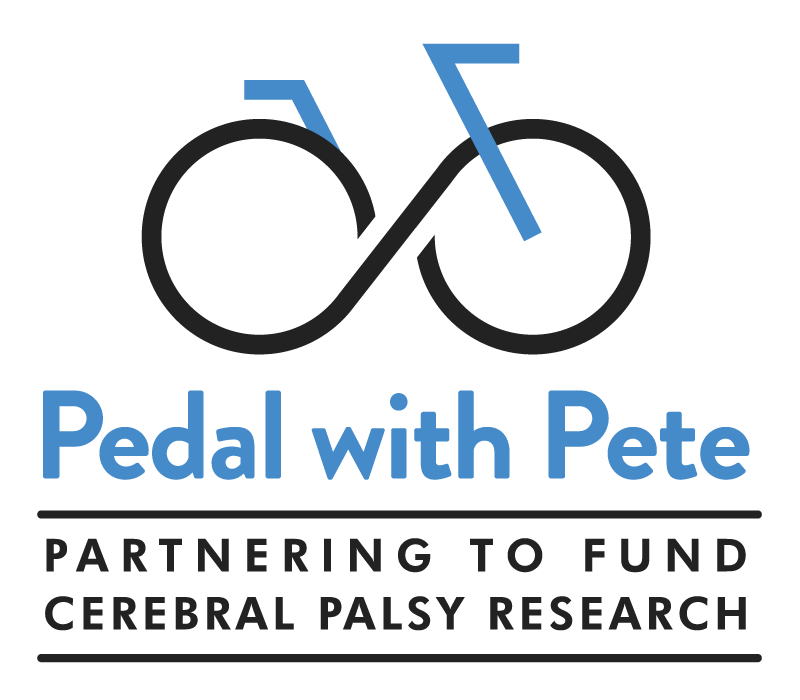
Pedal with Pete Foundation
The Pedal with Pete Foundation is a not-for-profit 501 c (3) organization with a mission to raise funds for research leading to better prevention strategies and treatment protocols to improve the quality of life of people who live with cerebral palsy, their families and caregivers.
Partnerships
The Pedal with Pete Foundation is proud to partner with these organizations.
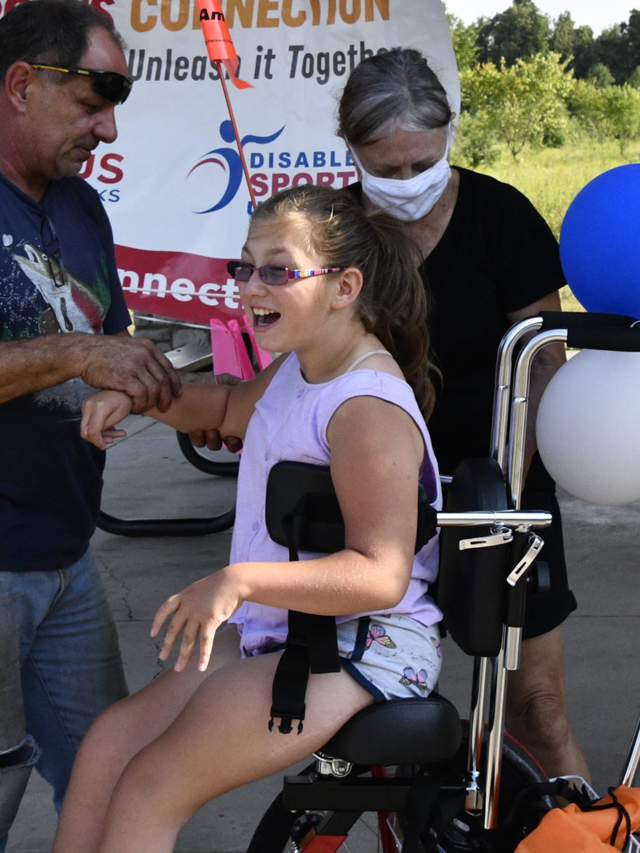
Adaptive Sports Connection empowers children, adults, and veterans with physical and cognitive challenges through sports and therapeutic outdoor recreation.
VISIT SITE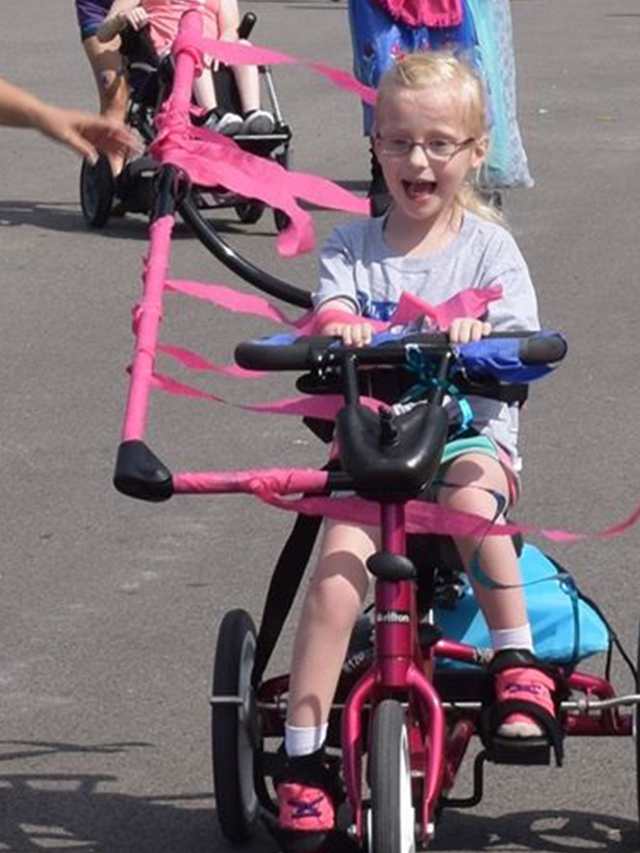
Nationwide Children’s Hospital is one of America’s largest not-for-profit freestanding pediatric health care systems providing wellness, preventive, diagnostic, treatment and rehabilitative care for infants, children and adolescents, as well as adult patients with congenital disease.
VISIT SITE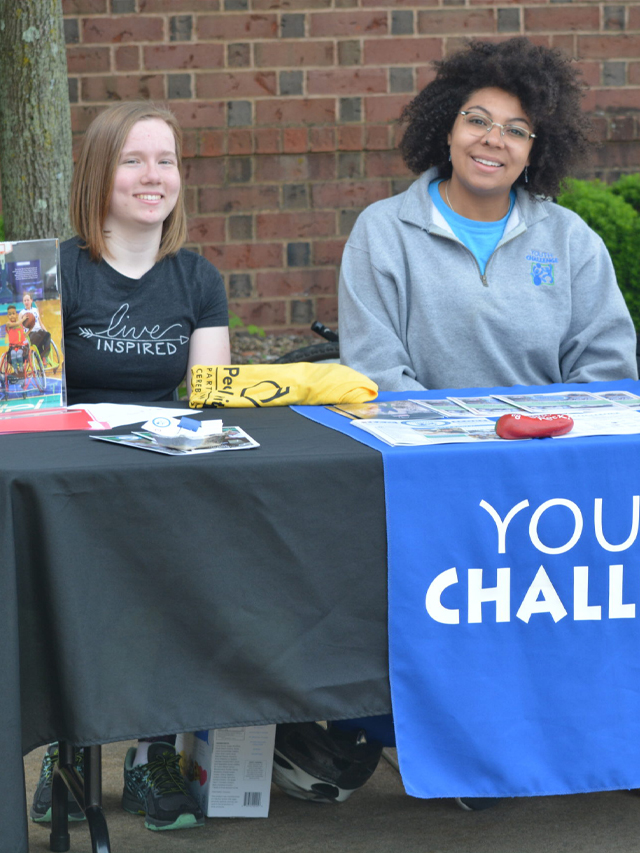
Youth Challenge brings together young people with physical disabilities and teen volunteers who inspire each other through adapted sports, recreation and social growth activities.
VISIT SITE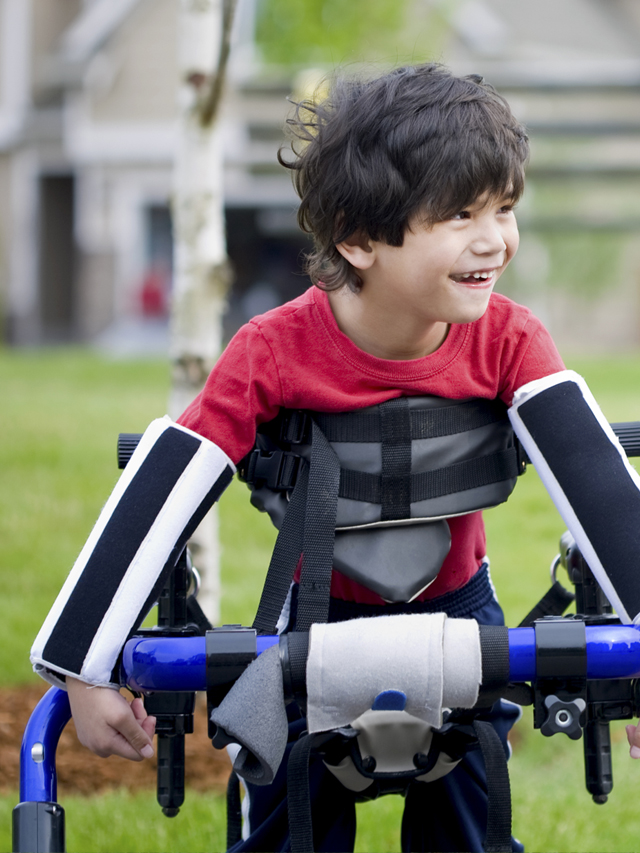
The American Academy of Cerebral Palsy and Development Medicine (AACPDM) reviews the grants before submission to Pedal with Pete for final selection.
VISIT SITE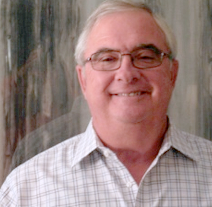
The Pedal with Pete Foundation is now recognized nationally, to a point where we receive many more requests for cerebral palsy research grants than we can fund.
Ernie Larger
Former President of the Pedal with Pete Foundation
Grant Recipients
With the funds raised, grants totaling $50,000-$75,000 per year are awarded to researchers to further their work developing prevention, treatment, and cures for cerebral palsy.
Children and adults with spastic cerebral palsy frequently have reduced ability to move joints individually. Motor control functio…
Spastic muscles of individuals with CP are usually smaller, stiffer and weaker. Recent research has shown that muscle preservation…
Most common post-operative complications for CP patients are respiratory, surgical site and urinary tract infections. Core Ques…